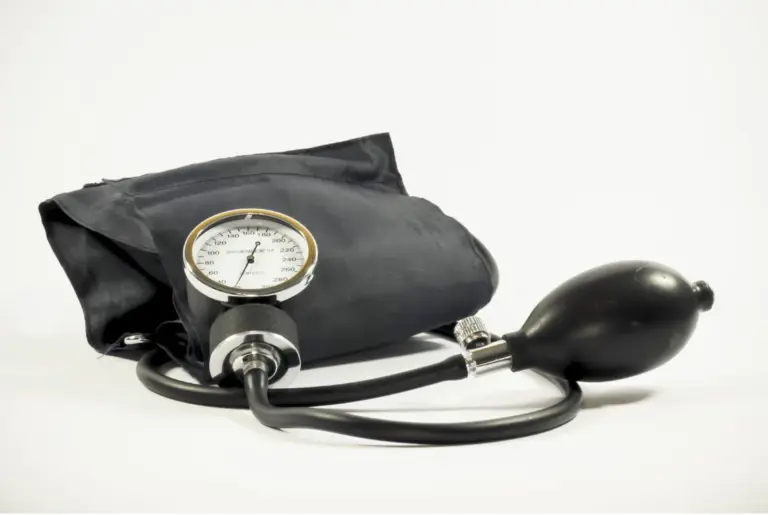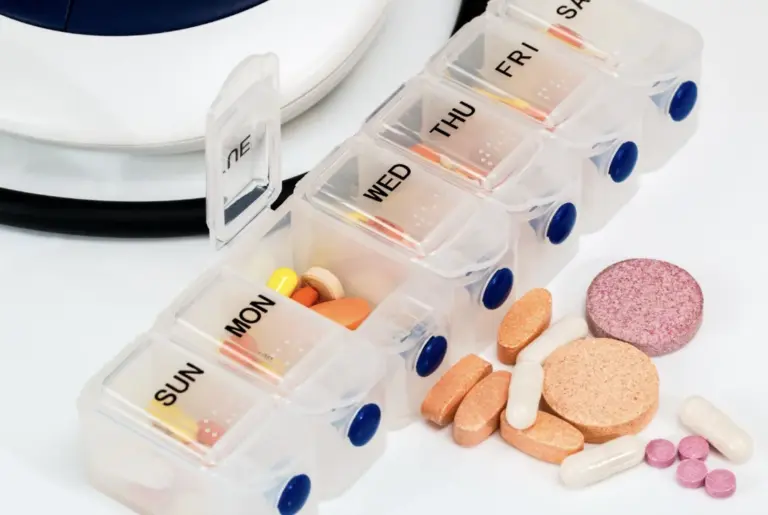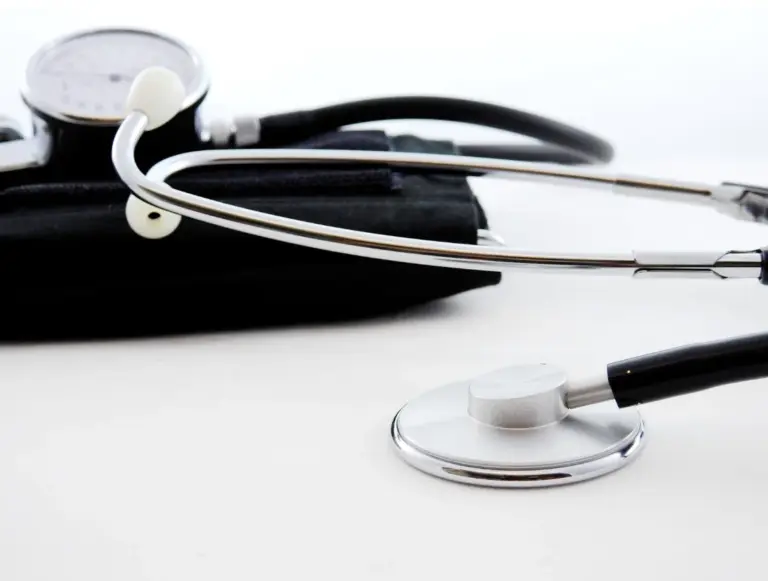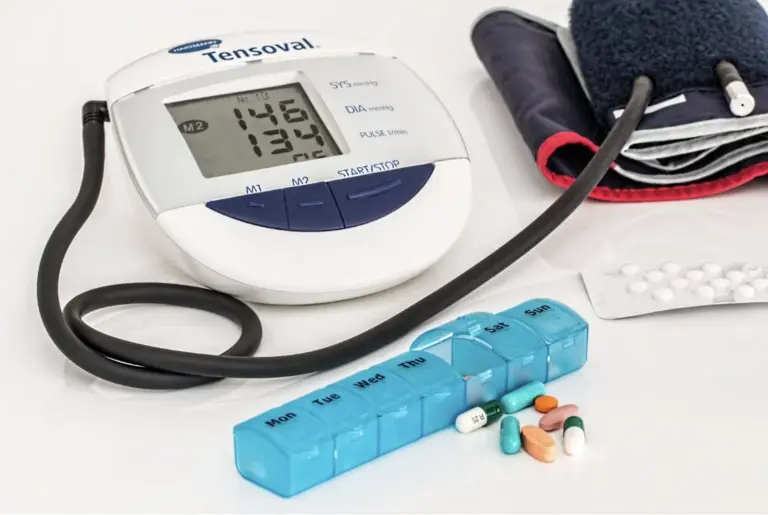Definition
Let us make it simple for you to understand.
Blood pressure is the pressure exerted by your blood on the walls of arteries when it flows through them. It is measured in millimetres of mercury and its unit of measurement is mm Hg.
If you have ever got your blood pressure checked, you would have noticed that the reading comes in two numbers. For example, consider the blood pressure measurement of 120/80 mm Hg, which is the benchmark normal blood pressure. The first number in this reading indicates systolic blood pressure and the second number represents diastolic blood pressure. What do these terms mean?
Systolic blood pressure is the pressure exerted by your blood when your heart beats, whereas diastolic blood pressure is the pressure when your heart rests between beats.
So, when your systolic blood pressure is high (more than 140 mm Hg) and your diastolic blood pressure is normal (between 80 and 90 mm Hg), the condition is defined as high systolic blood pressure or isolated systolic hypertension (ISH).
Causes
Similar to high blood pressure or hypertension, ISH doesn’t have any fixed causes. There are multiple reasons why a person might get diagnosed with it.
However, there are some other health conditions that are known to damage your blood vessels. This damage can create problems for normal flow of blood. Due to which, they can contribute to ISH.
Here are some of the diseases-
- Diabetes – If you are diagnosed with diabetes, your blood sugar levels are much higher than normal. This could be because either your body doesn’t produce enough insulin or doesn’t properly utilise insulin to absorb the glucose in your blood. Since high glucose is directly related to heart problems, it is safe to say that it could cause ISH too.
- Hyperthyroidism – It is the condition when your thyroid glands produce more thyroid hormones than needed by your body. When these hormones are present in excess, they can hamper the functioning of your heart and subsequently your blood circulatory system.
- Anaemia –It is the condition when you blood doesn’t contain enough red blood cells to carry oxygen to your tissues. When this happens, your heart has to pump more per minute to make up for the deficit and supply sufficient oxygen to your tissues. This leads to an increase in your blood pressure.
- Obstructive Sleep Apnea –In this condition, your throat muscles relax when you are asleep and block your air pipe. Due to this, your breathing stops and starts again causing your blood oxygen levels to fall. To restore the oxygen levels, your heart has to pump faster, which can lead to high blood pressure.
Care through lifestyle changes
If you have already been diagnosed with high systolic blood pressure or some other type of hypertension, you must make lifestyle changes. It will not only help to keep your blood pressure in check but amplify the effect of your medicines.
- Exercise Daily –
 Exercising daily not only makes you stronger, but also helps you maintain normal blood pressure. A daily exercise routine of around 30 minutes has shown to reduce blood pressure levels by 4 to 9 points. You can do moderate-intensity aerobic exercises for 30 minutes daily, or high-intensity aerobic exercises for 15 minutes daily. Moreover, exercising will also help you relieve stress, which is another factor that contributes towards IHS.
Exercising daily not only makes you stronger, but also helps you maintain normal blood pressure. A daily exercise routine of around 30 minutes has shown to reduce blood pressure levels by 4 to 9 points. You can do moderate-intensity aerobic exercises for 30 minutes daily, or high-intensity aerobic exercises for 15 minutes daily. Moreover, exercising will also help you relieve stress, which is another factor that contributes towards IHS. - Play Sports –
 If you are not into exercising, you can play the sport you love daily. Particularly, you can do activities like swimming, brisk walking, jogging/running and bike riding. Doing such physical activities make your heart pump faster and facilitate easier flow of blood and oxygen.
If you are not into exercising, you can play the sport you love daily. Particularly, you can do activities like swimming, brisk walking, jogging/running and bike riding. Doing such physical activities make your heart pump faster and facilitate easier flow of blood and oxygen. - Eat Healthy-For-Heart Foods –
 You not only have to eat healthy, but eat what is healthy for your heart. Reduce the amount of sodium in your diet as it causes a rise in blood pressure. Avoid sprinkling salt on food, or eating uncooked salt. You can also try the DASH diet (Dietary Approaches to Stop Hypertension) which emphasises on eating vegetables, whole grains, low-fat dairy products and fruits.
You not only have to eat healthy, but eat what is healthy for your heart. Reduce the amount of sodium in your diet as it causes a rise in blood pressure. Avoid sprinkling salt on food, or eating uncooked salt. You can also try the DASH diet (Dietary Approaches to Stop Hypertension) which emphasises on eating vegetables, whole grains, low-fat dairy products and fruits. - Lose Weight –
 This is basically the combination of eating healthy and exercising regularly. But the reason we have mentioned it separately is because of its importance. When you are overweight, your body has to carry extra mass, which creates a demand for more blood circulation to carry oxygen. This leads to an increase in blood pressure. So you must take efforts to maintain your weight within a normal range.
This is basically the combination of eating healthy and exercising regularly. But the reason we have mentioned it separately is because of its importance. When you are overweight, your body has to carry extra mass, which creates a demand for more blood circulation to carry oxygen. This leads to an increase in blood pressure. So you must take efforts to maintain your weight within a normal range. - Limiting Alcohol Consumption –
 Drinking alcohol regularly can reduce the effect of medicines. So, ideally you should quit drinking. If you can’t, you must limit it to a maximum of 60 ml per day if you are man and 30 ml per day if you are a woman.
Drinking alcohol regularly can reduce the effect of medicines. So, ideally you should quit drinking. If you can’t, you must limit it to a maximum of 60 ml per day if you are man and 30 ml per day if you are a woman. - Quit Smoking –
 Unlike alcohol, there is no option but to quit smoking. Because smoking can instantly increase your blood pressure temporarily. With already high blood pressure, this can be dangerous. Moreover, the nicotine in cigarettes can make your blood vessels narrower, subsequently increasing your blood pressure.
Unlike alcohol, there is no option but to quit smoking. Because smoking can instantly increase your blood pressure temporarily. With already high blood pressure, this can be dangerous. Moreover, the nicotine in cigarettes can make your blood vessels narrower, subsequently increasing your blood pressure.
RELATED COMPLICATIONS
High systolic blood pressure shouldn’t be taken lightly. If left unchecked, it can cause other, more critical health problems like:
- Heart attack
- Stroke
- Heart failure
- Tears in walls of arteries
- Aneurysm
- Kidney diseases
- Loss of eyesight
- Dementia
Medication
 The ideal way to find out about medication would be through a doctor. They will be able to diagnose your condition personally and suggest suitable medication.
The ideal way to find out about medication would be through a doctor. They will be able to diagnose your condition personally and suggest suitable medication.
However, just for your information, here are some common medicines prescribed by doctors-
- Diuretics
- Beta-blockers
- Angiotensin-converting enzyme (ACE) inhibitors
- Angiotensin II receptor blockers (ARB)
- Calcium channel blockers
- Renin inhibitors
Note : This article is for your information only. Always consult a doctor in case of any blood pressure or other health-related problem.
Disclaimer
The information contained in this article is to educate, spread awareness in relation to hypertension and other diseases to the public at large. The contents of this article are created and developed by BPinControl.in through its authors, which has necessary, authorisations, license, approvals, permits etc to allow usage of this articles on The Website. The views and opinions expressed in this article are views, opinions of the respective authors and are independently endorsed by doctors. Although great care has been taken in compiling and checking the information in this article, The Website shall not be responsible, or in any way liable for any errors, omissions or inaccuracies in this article whether arising from negligence or otherwise, or for any consequences arising therefrom. The content of this article is not a substitute for any medical advice. The Website shall not be held responsible or liable for any consequence arising out of reliance on the information provided in the article.




